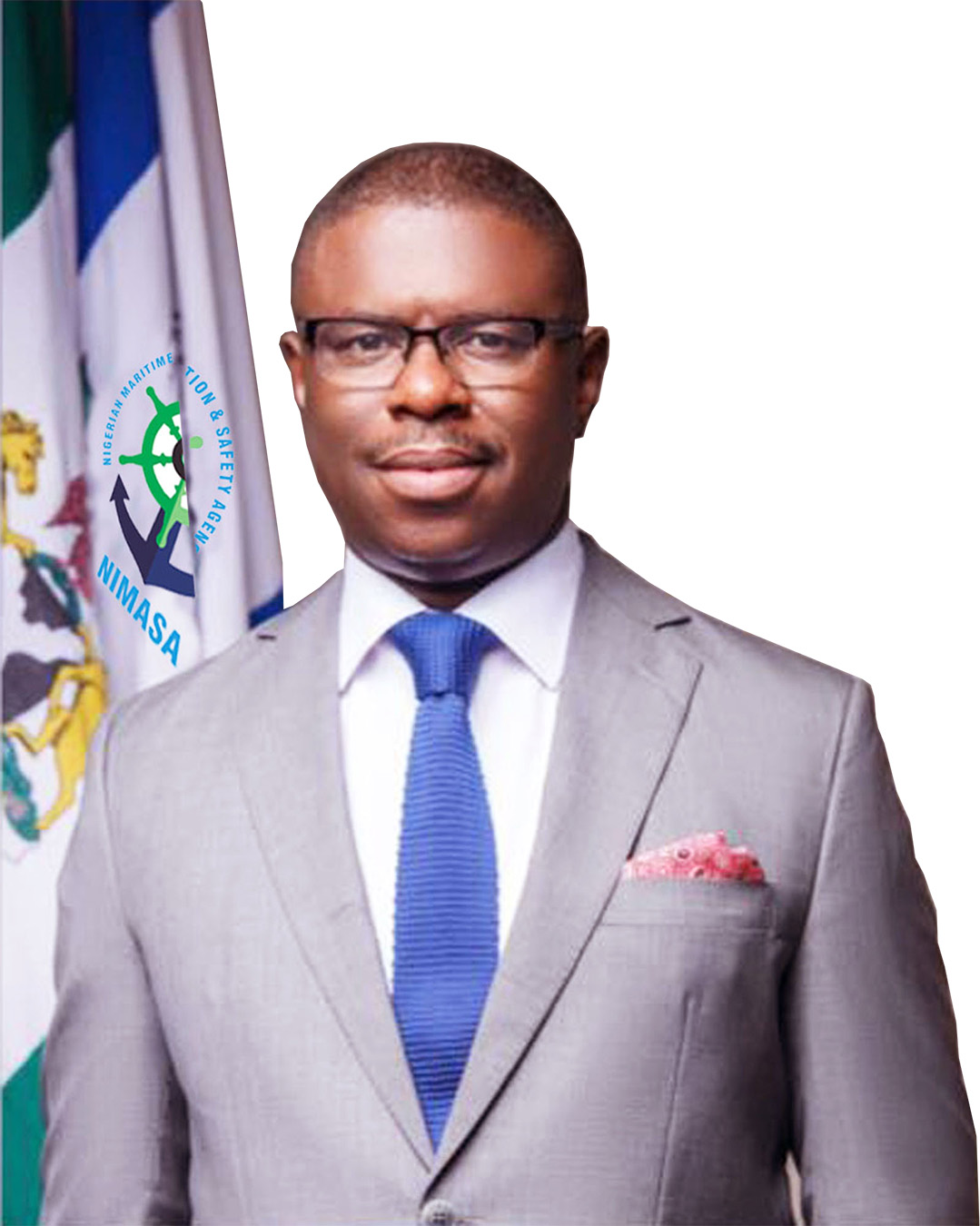The integrity issue in Nigerian politics and public life has been a topic of
discussion and concern for many years. Like many other countries, Nigeria
has faced challenges related to corruption, lack of transparency, and ethical
issues in its political landscape. It lacks integrity in its politics and tolerates
acts of impunity, as proven by the prevalence of vote-buying and other
dishonest practices in its elections. This has severe implications for Nigeria’s
democracy and deserves our attention. Integrity is not just about breaking the
law. It also means living by high moral standards, consistency, fairness to all
and setting good examples. Integrity overlaps with ethics, morality,
trustworthiness, conscientiousness, honesty, courage, and justice. There is no
denying the importance of integrity in generating trust and confidence in
leaders and the people, and this lays the foundation for transparency and
accountability.
The collapse of good governance in Nigeria can be linked to a dearth of
integrity in public life. Integrity and public trust are intertwined—one links to
the other. A causal relationship exists between integrity and public trust,
especially with people in public offices. Nigerians expect public servants to
serve the public interest fairly and properly manage public resources, but this
is a mountain in our country. But what do we mean by integrity in public office?
Do we mean playing by laid-down rules? Or does it mean bringing elements of
personal discipline to bear on public office irrespective of official regulations or
exigencies?
The answer to the questions above is that integrity connotes playing by the
rules and bringing high personal discipline to the office. Although we expect
public office holders to be lawful, maintaining high personal discipline ensures
they retain the high moral and ethical standards required by the office. Not all
things that are not lawful are good, and not all things good are lawful. This is
where ethics and morality come in. Unfortunately but factual , morality
occupies the lowest possible rung on a virtues ladder in our public life. When
leaders debase ethical and moral standards, it becomes an open gate for
unleashing hell on the people. High principles often trump the law and should
be the base or foundation of leadership and public service. The three cardinal
tests all leaders and public servants must put through their actions, inactions,
and decisions in the public interest are: Are these actions, inactions, or
decisions lawful? Are they ethical? Are they morally proper? They must
rethink their approach if any of the answers are negative. Some incidents in
recent times show that integrity is quickly deteriorating in public life. The
behaviour of some members of National Assembly and high-ranking
government officials can raise legitimate questions as to whether these public
officials have any sense of integrity. Nigerians now see corruption, abuse of
office, dishonesty, favouritism, nepotism, and opaqueness as normal. This is
most worrisome.
It is absurd that unless a leader is convicted in a court of law, he is free to
continue to lead and continue any acts that he is pursuing that may be
detrimental to society. This is even worse because most cases of impropriety
and criminality that went to Nigerian courts are dismissed based on
technicalities and not substance, thereby allowing leaders who may be
culpable to go scot-free and continue unleashing mayhem on the public. What
happens to the Court of Morality, the Court of Conscience, or the Court of
public opinion? Does it not matter that a leader must be exonerated in these
courts, too? Integrity dictates that this must be the case. I will use two recent
examples of what happened to two leaders in Western Europe to show the
importance attached to integrity and public morality in leadership.
In December 2019, Boris Johnson secured a landslide victory for his
Conservative Party. He won an 80-seat parliamentary majority, the party’s
most significant for 40 years. Yet less than three years later, he was brutally
defenestrated by Members of Parliament, MPs, from his party. Members of his
party deposed him because they accused him of lying and defending his
friends and cronies who committed some wrong and holding party during the
COVID-19 lockdown when the law was against public meetings. Although a
great politician, the parliament, made up of both opposition party and ruling
party members, values integrity in the political space more than other
outstanding leadership qualities Johnson may have. They, irrespective of their
political orientation or party affiliations, strive to maintain integrity in the
political process and are happy to forgo any temporary advantage they or the
party may gain by keeping someone in power whom the public knows has not
kept the integrity and public trust.
A few days ago, the Portuguese Prime Minister, Antonio Costa, announced his
resignation following his alleged involvement in corruption. The Prime Minister
resigned after meeting with the country’s President, Marcelo Rebelo de
Sousa. The public prosecutor alleged “misuse of funds, active and passive
corruption by political figures, and influence peddling” as the basis of
prosecution. It is instructive that he resigned from his office to allow for proper
prosecution without interference and protect the integrity of the process. In
these two examples, the integrity of the process and public trust were prized
so high that political actors involved willingly gave up their precious high
offices to maintain the integrity of the political system and political space,
thereby strengthening public trust in the political space. The supremacy of the
leader’s integrity, the political process and systems over personal ambition
and position are not in doubt.
Would this have been the case in Nigeria?
The dearth of integrity in our public life results from many issues. The first is a
complete breakdown of public morality, not just within politics but in society. In
the recent past, every parent extols the value and importance of a good name
over all other achievements to their children. Family and community question
your source of wealth and may either ostracize you or not partake of it if you
cannot explain convincingly the origin. Today, the reverse is the case. The
family and community push you to bring back a large chunk of the proverbial
national cake, and when you do, you are celebrated. So, even when the
government wants to punish corrupt people when it can prove it, their villages
will make them chiefs when they return home with their share of the national
loot.
The second is structural deficiencies such as weakness of institutions of
public office integrity like ICPC, EFCC, Office of the Auditor General and
Police ; fault in institutions for holding people accountable or punishing
deviance; weakness in leadership selection process and criteria in politics and
public service; and a morally bankrupt elite class that has turned itself into a
parasite on the Nigerian state.
Despite the challenges, Nigeria has made some progress in addressing
integrity issues in politics. There have been high-profile anti-corruption trials
and an increasing awareness of the need for ethical governance. However,
sustained efforts are required to bring about lasting change. Over the years,
there have been various efforts to reform the political system in Nigeria. Anti-
corruption agencies, such as the Economic and Financial Crimes Commission
(EFCC) and the Independent Corrupt Practices and Other Related Offenses
Commission (ICPC), have been established to investigate and prosecute
corrupt practices. However, the effectiveness of these agencies has been a
subject of debate. There is a need for a complete national re-orientation that
focuses on teaching the successor generation values, ethics, and morality
with the hope that even if this generation fails to input integrity and honesty in
our public space, the next generation will have a chance to right the wrong.
The public, civil societies and the media must strive to hold public officers
accountable and demand transparency. One primary reason public officers in
Western democracies resign when they have committed known moral and
legal infractions is that they know the public demands accountability and
transparency and must comply. Even when government institutions fail to hold
officers accountable, the public will- through the power of their votes. Morality
and ethics matter. This calls our attention to the importance of our electoral
integrity. News coming from the off-season election in 3 states in Nigeria
shows that much has stayed the same. How can the public hold public officers
accountable without free and fair elections? We need solid and ethical
leadership that shows example. We must strengthen institutions of public
accountability- internal audits, whistle-blowers, better public accounting with
triggers and red alerts, better law enforcement, and a cleaner judiciary. We
must subscribe to renowned preacher Billy Graham’s mantra that ‘integrity can
be restored to a society one person at a time’. The choice belongs to each of
us.




